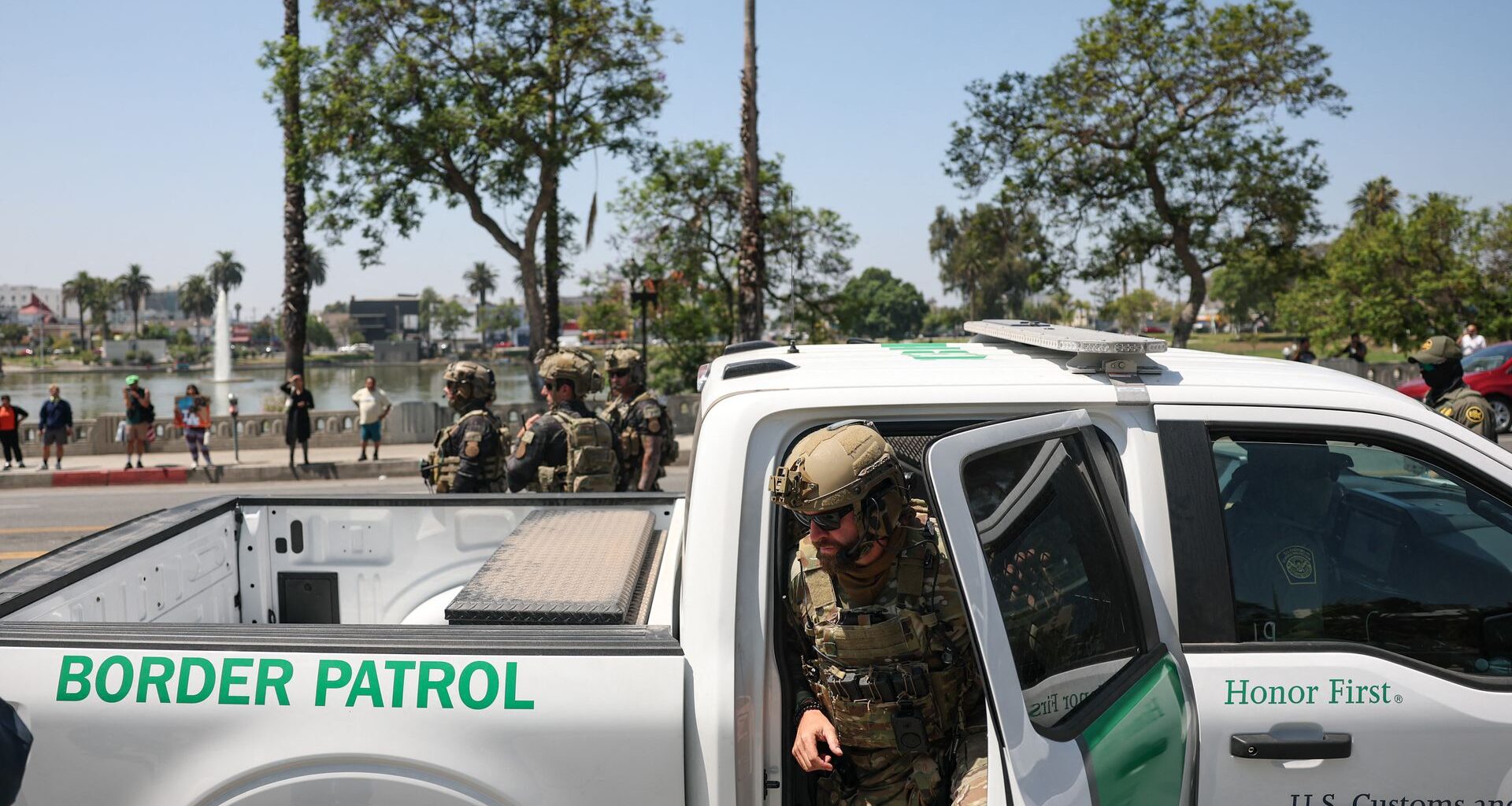U.S. Customs and Border Protection wants the ability to see through walls. The agency is seeking sophisticated new surveillance technology after President Donald Trump signed into law a budget bill that earmarks more than $165 billion for immigration enforcement.
A presentation obtained by The Intercept shows a wish list from the agency for “advanced AI” technologies. One capability cited by CBP – the ability to see through walls to “detect people within a structure or rubble” – would be provided to the Border Patrol Tactical Unit. This group carries out domestic anti-terrorism and hostage missions, as well as, increasingly, routine deportation raids.
Other technology requests include satellite connectivity for surveillance towers on the border, upgraded night-vision capabilities and improved radio communications. Another page of the presentation reportedly mentions the need for “advanced AI to identify and track suspicious activity in urban” environments.
“City environments make it difficult to separate normal activity from suspicious activity,” the presentation says.
Border Patrol’s new focus
Spencer Reynolds, a former Department of Homeland Security attorney, told The Intercept that the Border Patrol’s recent activities, such as immigration raids and protest crackdowns, “show us the agency operates heavily in cities, not just remote deserts.”
“Day by day, its activities appear less based on suspicion and more reliant on racial and ethnic profiling,” Reynolds said. “References to operations in ‘dense residential areas’ are alarming in that they potentially signal planning for expanded operations or tracking in American neighborhoods.”
The document also shows Border Patrol’s desire to obtain small drones that use AI to aid in “detection, tracking, and classification.”
The agency did not respond to requests for comment from The Intercept.
As the Border Patrol looks to expand its surveillance capabilities with AI and other advanced tools, critics warn that the line between immigration enforcement and domestic policing is increasingly blurred, raising the possibility of overreach, privacy violations and discriminatory targeting.
